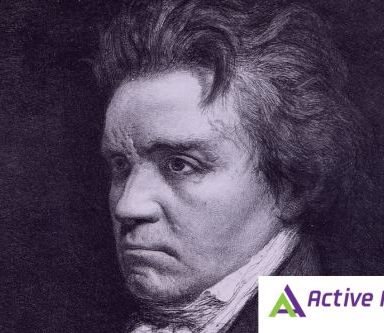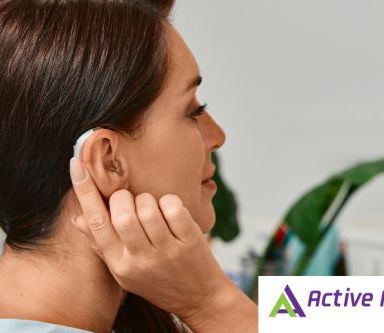
Every year, more than 200,000 people in the United States are affected by aphasia, which can have a dramatic impact on speech and writing skills. It’s important to know what aphasia is, the different types, how it relates to hearing loss and what treatment options are available. Your local ear specialists wanted to give you an article all about aphasia.
What is aphasia?
Aphasia is a language disorder that occurs when the parts of the brain responsible for language are damaged, typically after a stroke or head injury. It can occur suddenly or over time, and a tumor or progressive neurological disease can also play a role. Aphasia affects your ability to understand language, which impacts skills such as speaking, listening, reading and writing. Aphasia significantly impacts someone's life because it makes it hard for them to communicate with others and perform daily tasks.
Types of aphasia
There are different types of aphasia, and each comes with its own symptoms and characteristics. Those with Broca’s aphasia have a hard time finding the words they want to say and can only say a few words at once, but they do understand speech. People experiencing Wernicke’s aphasia don’t have trouble speaking, but have difficulty forming coherent sentences; this can make reading and writing difficult.
Those with anomic aphasia have trouble finding the words they want to use, specifically nouns and verbs; they understand speech and reading but have trouble writing the right words. Global aphasia affects one's ability to speak many words at once, and they cannot read or write; however, it’s possible for global aphasia to get better.
Progressive aphasia happens over time; reading, writing and speaking will slowly become more difficult. Aphasia conditions can also be mixed, where one will experience expressive aphasia affecting their ability to express themselves verbally or in writing, as well as receptive aphasia impairing their ability to understand language.
Can aphasia coexist with hearing loss?
Hearing loss and aphasia are different conditions, but they can sometimes occur at the same time. Those with hearing loss have trouble understanding people when they are speaking, especially in a noisy environment, as it makes it harder to distinguish sounds and follow conversations.
Hearing loss is a contributing factor to language comprehension and production. Hearing loss can result in the loss of your ability to communicate, also known as aphasia. Aphasia can also be accompanied by an auditory processing disorder, which is a condition that makes it harder for you to understand spoken language when your hearing is intact.
Treatment for co-occurring hearing loss and aphasia
Treatment for aphasia usually involves speech therapy, which can help improve language skills and develop alternative communication strategies. Treatment for co-occurring aphasia and hearing loss depends on the specific nature of your condition. Hearing aids may be recommended to improve your communication abilities. Speech therapy may also be helpful in improving language skills and any communication challenges.
Visit an ear specialist
You often don’t realize how much you take communication for granted until it’s fading or has gone away completely. Seeking treatment right away is best as it can slow the progression of further hearing loss. Contact your local ear specialist to see what options are available for treatment!






Comments